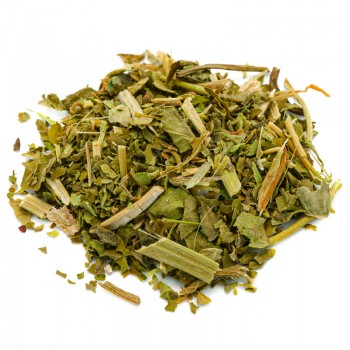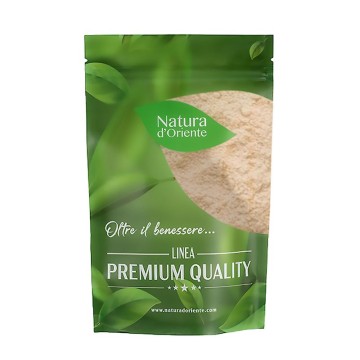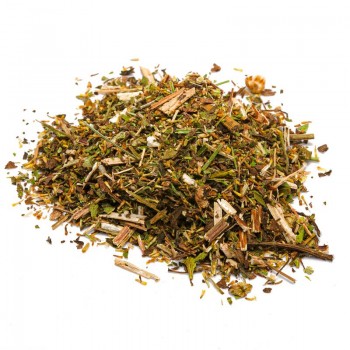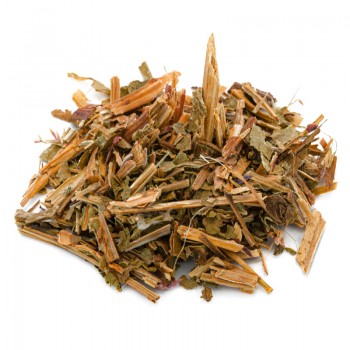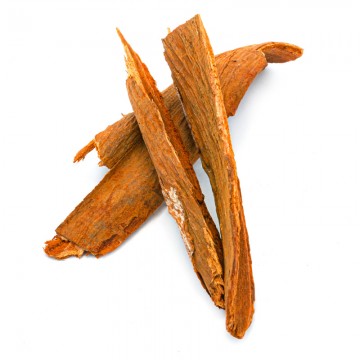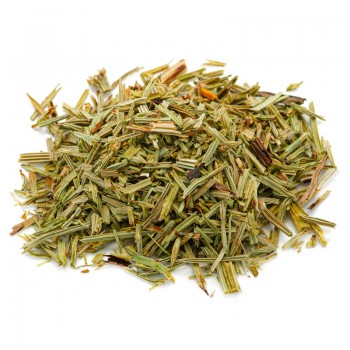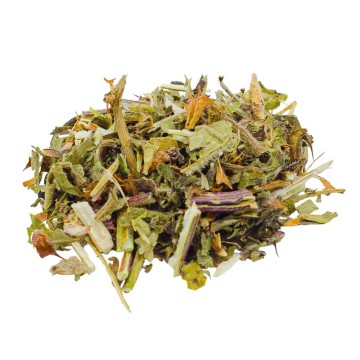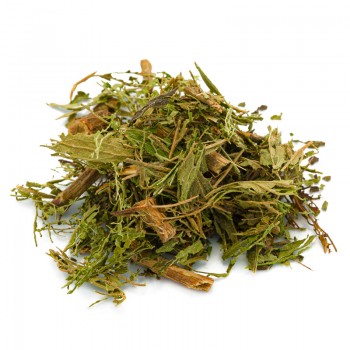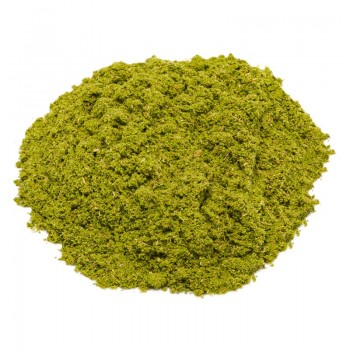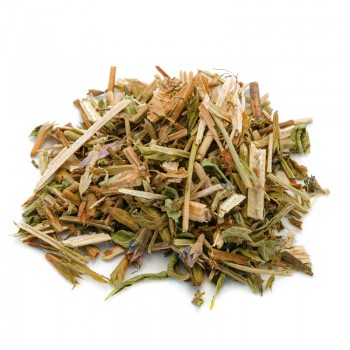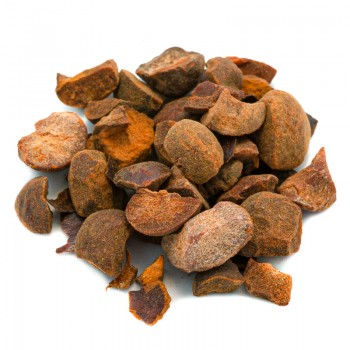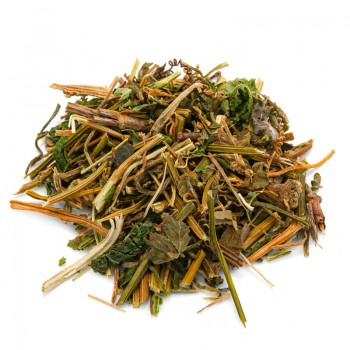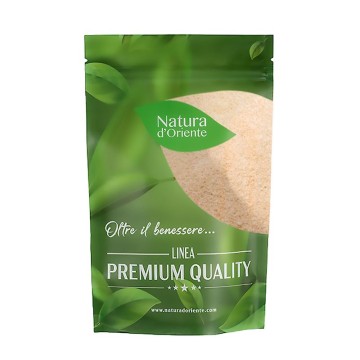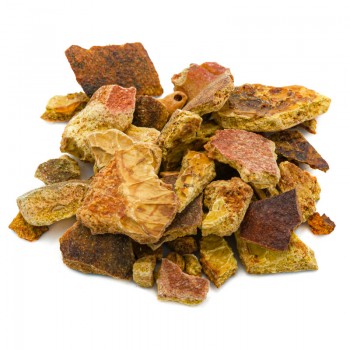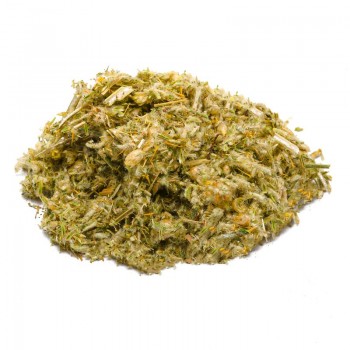Drinking a herbal tea of ginkgo biloba is one of the best ways to take different antioxidant and anti-aging active ingredients , and obtain different benefits for your health . Most of which affect brain function and blood circulation.
Ginkgo Biloba: properties and benefits
The hot drink created with the herbal tea leaves of the ginkgo tree, exploits the properties of this plant, one of the oldest on our planet.
The main benefits of ginkgo biloba include its ability to supply the body with energizing substances, which protect cardiovascular well-being and improve attention and concentration.
Studies have been carried out on ginkgo biloba, in relation to its antioxidant properties, which help to counteract cellular aging.
The leaves contain high levels of flavonoids and terpenoids , powerful antioxidants that fight the damaging effects of free radicals on our cells.
Another aspect of ginkgo biloba is the effect its molecules can have on blood circulation. Better blood flow and greater oxygenation in the body can be a source of well-being for those who practice sports, and want to stay active and focused during the day.
The increase in blood flow to the tissues has been attributed to an increase in circulating nitric oxide levels, a compound responsible for dilating blood vessels.
Ginkgo biloba leaves contain terpenes, including ginkgolide, which block the oxidation of lipids in the arterial walls. This oxidation is a cause of the aggregation of blood platelets, involved in the formation of clots (thrombi) in the blood vessels - which we know to be dangerous in terms of cardiovascular risks.
Reducing blood clotting makes it more difficult for cholesterol to block arteries.
For this, ginkgo can play a role as a supplement that improves blood flow, prevents clots and promotes proper circulation.
The result will also be the well-being of the lower limbs, freeing them from swelling and heaviness.
In addition, this herbal tea is considered beneficial because ginkgo biloba is considered a useful agent to fight inflammation in our body. The excessive and continuous inflammatory response, in fact, can cause damage to tissues and DNA: a natural food in the diet that reduces normal inflammation can be a protection for well-being.
This characteristic of ginkgo biloba can be useful to soothe the symptoms of some ailments such as irritation due to arthritis and irritable bowel.
Ginkgo has also been evaluated for its ability to reduce anxiety, stress and other symptoms associated with cognitive decline associated with aging.
Ginkgo extract can help maintain good functional skills such as attention, concentration, memory.
These properties could be linked to the fact that ginkgo improves blood flow to the brain, which is essential to avoid vascular problems in old age.
Even for those who are younger, ginkgo has useful skills to maintain good mental performance. It is therefore recommended for students and those who need concentration.
Among other positive effects, at an anti-stress level, ginkgo has been studied for its antioxidant and anti-inflammatory properties : they could help in reducing anxiety , when the levels of stress hormones are very high.
In the case of a headache due to stressful conditions, or a reduced blood flow, the capabilities of ginkgo biloba can help.
Since it elevates nitric oxide levels in the blood, and optimizes circulation by dilating blood vessels, ginkgo may also be useful in cases of sexual dysfunction.
Origins and History of cultivation
The Ginkgo Biloba plant is one of the oldest in the world. Fossil searches have found specimens dthe ginkgoes of over 270 million years ago.
The one that survives today is the last non-extinct species of the Ginkgophyta. The tree is native to China, although it is now known all over the world.
The name of the genus is a distortion from the Japanese gin which means silver and kyo which means apricot, and was used in Japan in the 17th century to describe the plant.
Different parts of this tree have been used for medicinal purposes for thousands of years, and in fact it is considered sacred in many parts of the world.
In traditional Chinese medicine, ginkgo seeds were used to open energy channels to organs such as the kidneys, liver, brain and lungs.
Modern research, on the other hand, focuses mainly on the properties of leaves and their extract.
Plant and flowers
Also called maidenhair, the Ginkgo biloba plant is a deciduous tree of the Ginkgoaceae family, native to southern China.
It grows up to 30 meters high, and is considered a "living fossil" tree as it is the only survivor of a group of plants believed to have inhabited the earth up to 150 million years ago.
It has quite hard, fan-shaped, deep green leaves with diverging veins. Due to the similarity with the leaves of the maidenhair fern, the plant is called the maidenhair tree. The leaves turn bright yellow in autumn, while the flowers appear in April.
Ginkgo trees are dioecious trees (separate male and female trees), and female trees produce seeds enclosed in fleshy, fruit-like cones. They ripen in the fall, spreading a noxious and repulsive smell when they fall to the ground and open.
The plant prefers full sun, tolerates clay soils but grows best in sandy, moist and well-drained ones. It adapts well to most urban environments, making it easy to grow.
Nutritional values of Ginkgo Biloba
Inside the leaves, there is no caffeine , but various active ingredients are made bio-available.
There are terpenes (ginkgolide B), various polyphenols and flavonoids (bilabetol, ginketol, isiginketolo, ginkgolide).
How to use Ginkgo Biloba leaves in herbal tea
The infusion of Ginkgo Biloba is obtained by putting in a cup (250 ml), about 3-5 grams of leaves in herbal tea cut with water at 100 ° C.
Leave to infuse for 5 to 8 minutes, before drinking the herbal tea.
Add honey or sugar if desired.
Ginkgo Biloba: side effects and contraindications
For most people, the risk associated with taking ginkgo is very low, but there are cases where ginkgo could provide side effects.
Possible effects include nausea, diarrhea, headache, stomach pain and allergic reaction.
It is therefore important not to exceed the recommended dose.
Ginko biloba can interfere with some medications, such as blood thinners (aspirin, warfarin), and antidepressants. In this case, it is good to follow the advice of a specialist.

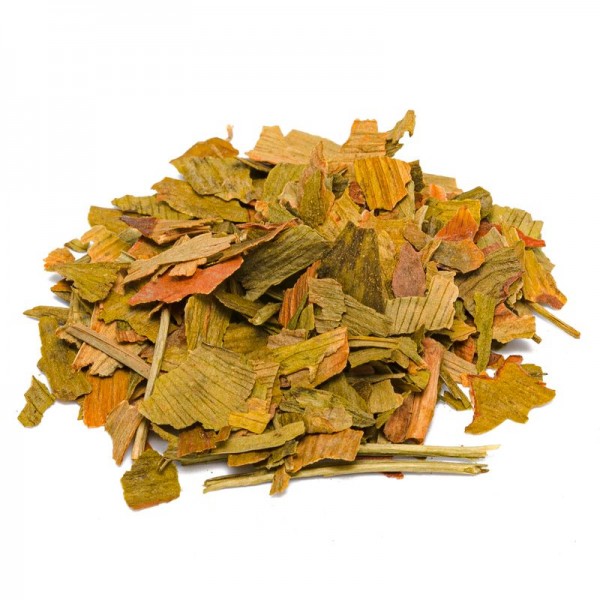









 No reward points for this product.
No reward points for this product.
